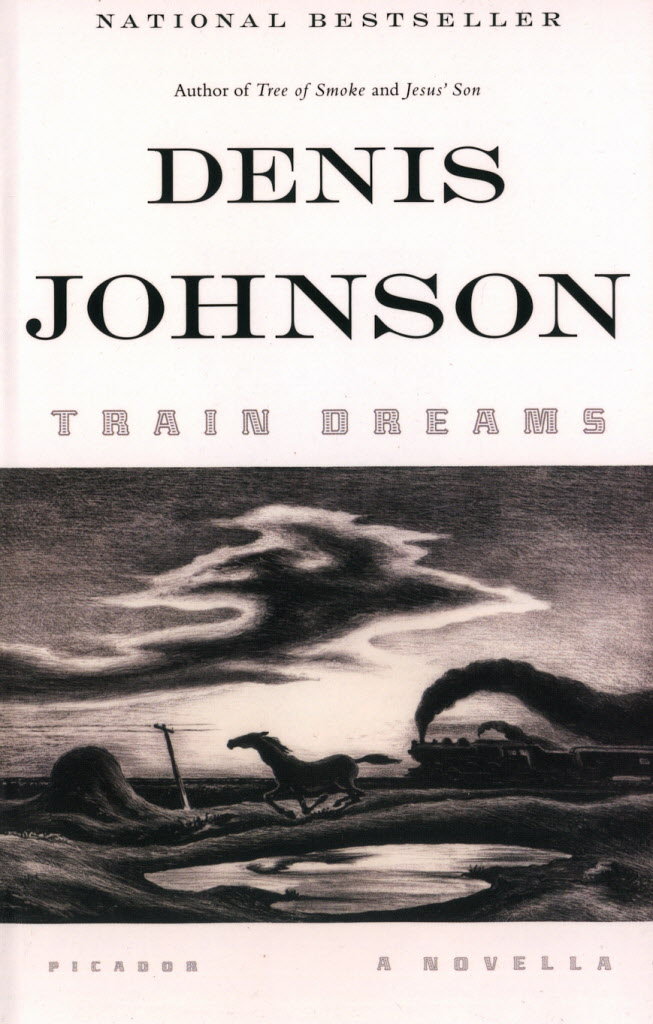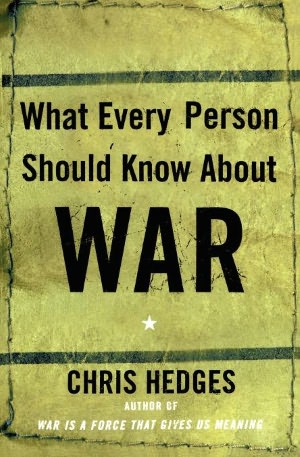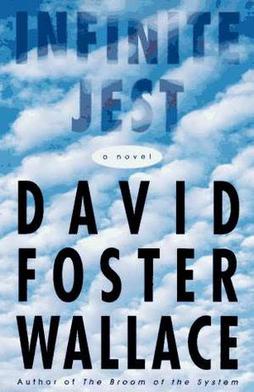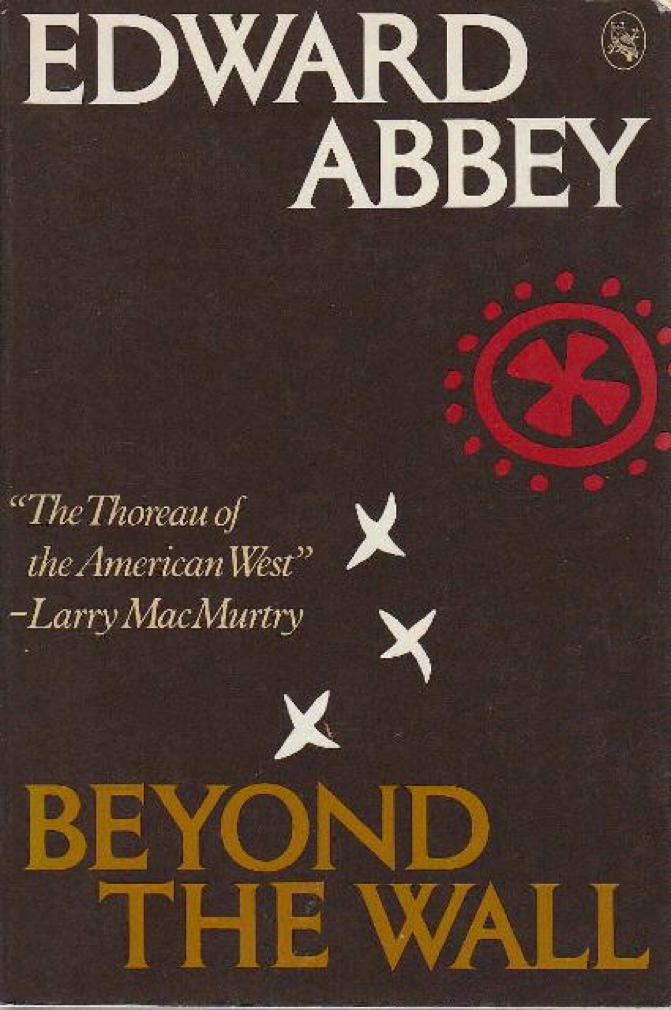When A Prairie Home Companion first came out, I had never read or listened carefully to Garrison Keillor. I knew about his radio show, but just that it existed and was generally well-liked across generations.
I went to see it because it was directed by Robert Altman, my favorite director. Altman made the movie at the tail end of a career that changed how movies were made. MASH, Three Women and Nashville brought arty, counter-cultural ideas and styles into mainstream movie houses across America. Altman was known for putting microphones on all his actors, placing them in a scene, and roaming with his cameras searching for true and funny moments.
Altman was an unknown director of commercials when he made MASH. He stayed well under an already small budget and shot on a tight timeline to keep studio executives off the set. Some of the actors complained that it was pure chaos. When the movie came out, it was a shock. It delighted and surprised its audience because no one had seen anything like it.
When actors caught wind of Altman's approach, they all wanted to act in his movies. He said of his method, "I insist that they do what they became actors to do. I want them to create something and not just hit marks and say words."
There's an honesty, and a great deal of faith in human truth to show itself in funny and moving ways, throughout Altman's movies. After seeing A Prairie Home Companion in a small, mostly empty theater in Chicago, I felt so excited that I returned to watch it two more times during the following week.
It was the funniest, fullest, most lively movie about death I had ever seen. It was full of oddball characters, roaming plot lines, highbrow symbolism, astounding performances, and lowbrow puns and gags. It didn't derive any of its substance from hip irony or sarcasm.
I felt like it looked at human transience fully, and had a good laugh about the whole thing.
This is the same sort of grace and humor I hope to have toward my own losses, to the unfairness and unpredictability of my own circumstances. To be able to look at the whole mess and say, as Garrison Keillor said through a character in his novel Pontoon, "Life is unfair. That's what makes it so beautiful."
The same year that A Prairie Home Companion came out, Altman received an Oscar for lifetime achievement and died.
While I felt the pain of the loss of a man I admired greatly, his passing seemed, like many of the greatest moments in his films, a beautifully timed, perfectly realized accident.
Garrison Keillor's work on this film is unmistakable, and I went on to read most of his novels, many of his essays, and quite a few of his short stories. I saw in them the same free movement, the same sense of wonder, the same happy fatalism that Altman captured so well in this film.
And if it doesn't mean that much to you, I hope you can at least get a few good laughs out of it. After all, that's pretty much the point.














